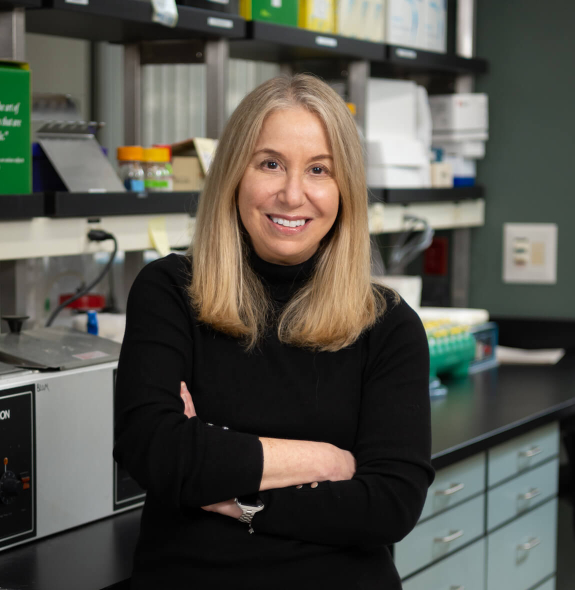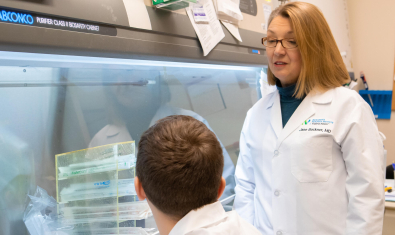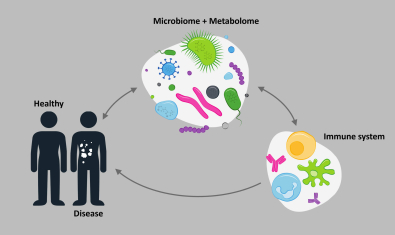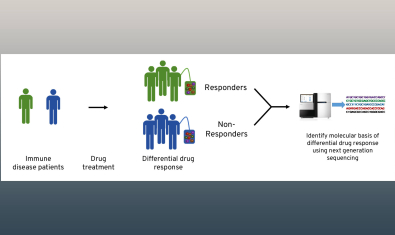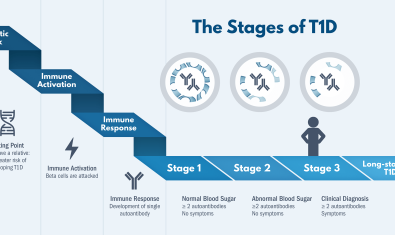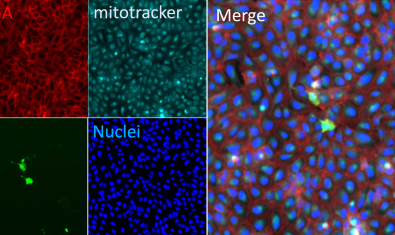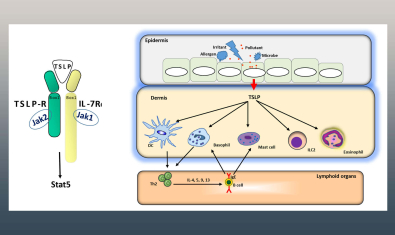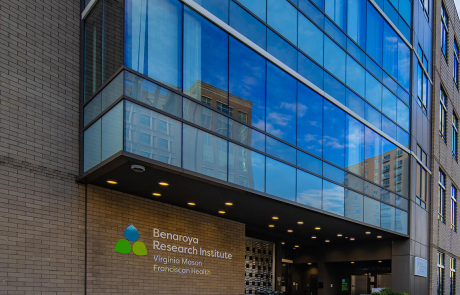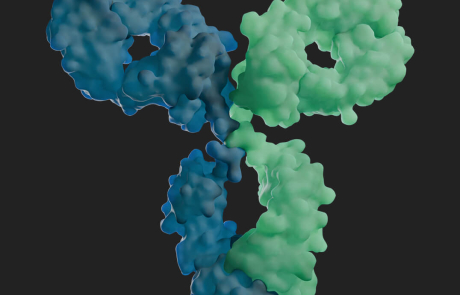VM BRITE
The Virginia Mason and Benaroya Research Institute Tumor Repository (VM BRITE) is a bank of blood and tissue samples from donors who have cancer. Surgeons at Virginia Mason Franciscan Health (VMFH) partner with scientists at BRI to study cancerous tumors and gain new insights into how and why cancer starts and what treatments are most effective.
VM BRITE also collects health information — including family history, medical history and genetic information — from people who participate in this biorepository. This gives researchers more insight into how and why various cancers happen and accelerates the pace toward new discoveries and cures.
We are also looking for family members of all ages who do not have cancer or other immune-mediated or autoimmune diseases, to join our Healthy Control Biorepository.
Participating in research typically involves a 45- minute to -one- hour visit to BRI in downtown Seattle. Our team will collect a blood sample and ask questions about your personal and family medical history. All samples and information are kept confidential. Learn more: Biorepository FAQ
Learn more about cancer and our research.

